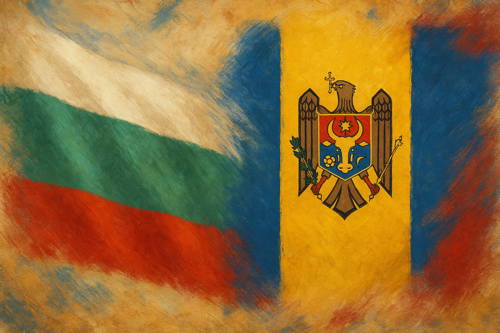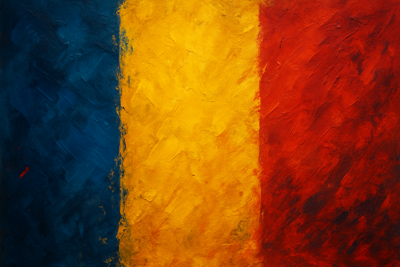
Published on: 31.07.2025 | Author: Dr. Dimitar Keranov
Bulgaria and Moldova – Friendship and Shared Challenges
The visit of the Bulgarian Prime Minister to Moldova and his support for Chisinau’s European future is a clear sign of ongoing cooperation and solidarity between the two countries. They share long-standing historical and cultural ties, and today’s political support is a natural continuation of this partnership.
Particularly important is the role of the Bulgarian community in Moldova, mainly concentrated in the Taraclia region. Bulgarians in the country constitute around 2% of the population. In Taraclia, there is a branch of Ruse University “Angel Kanchev” – a symbol of educational cooperation. The university serves as a platform for dialogue, cultural exchange, and development, while the Moldovan government is investing in the region and making efforts to guarantee the rights of Bulgarians in the country.
The Bulgarian community in Moldova can play a positive role as a bridge between the two nations. Support for this community should be based on the principles of equality and the promotion of cultural diversity – in the spirit of European values.
Cooperation between Bulgaria and Moldova should also expand in the economic field. Encouraging investment, business partnerships, and support for small and medium-sized enterprises will bring mutual benefits. Bulgarian companies can discover new markets, while Moldovan businesses gain access to the EU market through Bulgarian partners.
Shared External Threats
Bulgaria and Moldova face similar hybrid threats from Russia – including disinformation, economic pressure, and political interference. In Moldova, this also involves the unresolved conflict in Transnistria. It is important to emphasize that in the context of the war in Ukraine, Moldova’s security and resilience matter for both Bulgaria and Europe as a whole.
The upcoming parliamentary elections on 28 September this year will determine the country’s future direction – firmly towards Brussels or back towards Moscow.
Yet Bulgaria’s own experience shows that EU membership alone is not a solution – problems with rule of law, corruption and Russian influence may persist. That’s why reforms must be continuous, and democracy must be defended daily, both from internal erosion and external threats.

